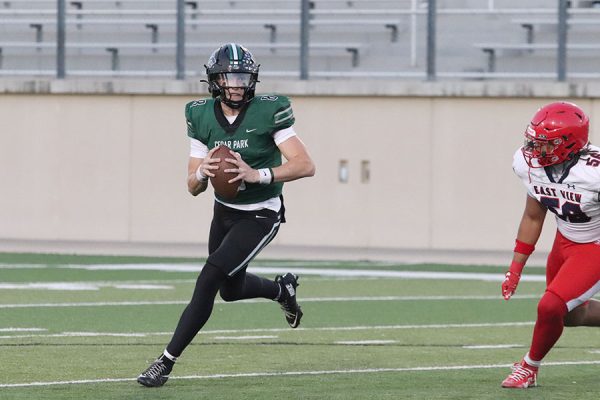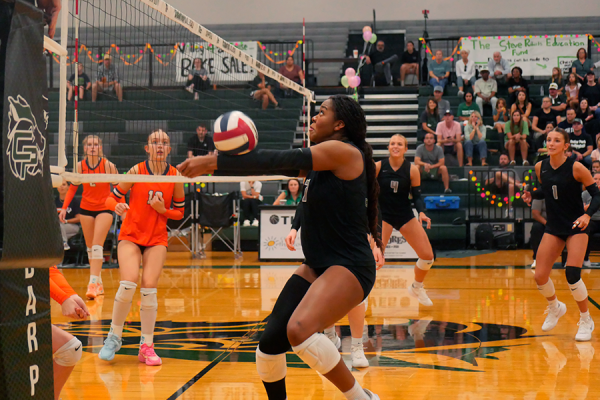New Club on the Block
Senior Starts New Amnesty International Chapter
Presenting in front of the class, senior Jaden Kolenbrander introduces students to his new chapter of Amnesty International Club. The club, started by Kolenbrander, will serve as a way for CPHS students to speak out and educate themselves about political issues and will hold meetings on the third Tuesday of each month in room 5009. “Anyone who is interested in increasing their involvement in the community and advocating for far-reaching issues that affect everyone [can join],” Kolenbrander said. “However, we also want to emphasize that anyone can become an advocate. It’s a good opportunity for them to become more involved in their community and learn about the importance of human rights advocacy.”
November 16, 2022
With human rights being at the forefront of politics, Amnesty International is encouraging students to research and learn more about the current social issues happening around them. The organization was founded in July 1961 by Peter Benenson and Eric Baker and was created to focus around human rights. Today Amnesty International has over 10 million members that support their cause around the world. The organization also allows for student chapters to be created in schools in order to research and learn more about what they stand for.
The club is called the Amnesty International Club and it will serve as a way for CPHS students to speak out and educate themselves about political issues, according to this chapter’s creator, senior Jaden Kolenbrander. The club will run similarly to other preexisting clubs, requiring hours and holding regular meetings all to provide a chance for students to get more involved in current topics happening around them.
“I learned about Amnesty International clubs through one of my friends at another high school,” Kolenbrander said. “I feel like learning about human rights is pretty important because these are the rights that ensure a high standard of quality of life for everybody. It’s better to be young and learn about these issues and how when you grow up you can learn more about it, talk more about it, [and be] more educated about it. I think that’s a good thing to be.”
Meetings will be held on the third Tuesday of each month in Room 5009. They will be centered around current global and domestic issues by going through slideshows and holding group seminars and activities relating to these topics.
“The club will focus on providing a platform for CPHS students to speak out and educate themselves about important political issues domestically and internationally such as free speech, refugee rights and climate change,” Kolenbrander said. “The majority of the club will be the leadership of the club going through our slideshow discussing any updates for the club and then going through global and domestic current events and giving examples of advocacy projects based on those current events. The last five minutes of the club are available for students to work on their advocacy projects or to discuss the content of the slideshow.”
Similar to other clubs, the Amnesty International Club will still require hours and participation during scheduled meetings. In the first semester, Kolenbrander only plans for one required hour. Though the club is only requiring two hours in the second semester, both of the required commitments will be focused on the effort to become more socially aware of the social issues around students.
“One of our required hours will be writing a letter, which will be the one required hour in the first semester to go with the Write for Rights campaign, but the other hours will be miscellaneous,” Kolenbrander said. “I offered examples of making a social media post that has a certain amount of impressions or making a poster that links to an Amnesty International fundraiser and hanging it up in the school. However, there will be a wide range of activities that we accept as an hour. I want to make sure that members have a variety of ways to express their commitment to human rights.”
Since this is the first year for Amnesty International to be introduced to the school, Kolenbrander plans to keep its first year less demanding, but according to him, there could be bigger plans for years to come. Seeing as though the original organization is a well-established place for human rights advocacy, plans for becoming more involved in events hosted by the group can be seen for future years. But for now, he’s doing what he can to ensure the club follows what Amnesty International is focused on currently.
“Amnesty International is currently holding a campaign called ‘Write for Rights,’’ which is basically where you write letters to politicians about various human rights issues that the Amnesty International website directs you to do,” Kolenbrander said. “It’s a highly encouraged activity by the Amnesty International organization, so I decided to make it one of our required hours to try and fit in with that.”
Although this is a club that handles more serious topics, Kolenbrander wants to ensure that anyone can join. The chapter is specifically looking for students who have an interest in advocating social issues and is open to anyone who is interested in educating themselves on these topics.
“Anyone who is interested in increasing their involvement in the community and advocating for far-reaching issues that affect everyone [can join],” Kolenbrander said. “However, we also want to emphasize that anyone can become an advocate. It’s a good opportunity for them to become more involved in their community and learn about the importance of human rights advocacy.”
Currently, Kolenbrander is working on bringing attention to the new club and setting up its first official meeting. The chapter’s creator is planning on partnering up with current members of the club and students involved in media-heavy electives to help gain the attention of more students who might be interested in what the club has to offer.
“The only club that is similar to us is the debate team,” Kolenbrander said. “They’re not human rights-focused, but they do talk about social issues and debate about them. I feel like what sets them apart is that I focus more on the media advocacy part of it. I want to focus more on writing letters, creating social media posts, posters and any media we can create. We have broadcast students on our team [whom] I may even allow to make videos advocating for human rights. I feel like with the rise of social media nowadays it’s incredibly important to learn how to create media that can have a far reach. That’s what our club is going to focus on, making media that achieves that effect for important causes like human rights.”
If you are interested in becoming a member of Amnesty International Club, students can either contact the club’s sponsor, Mr. Babich, or email Kolenbrander at [email protected] for more information about joining and meeting times.


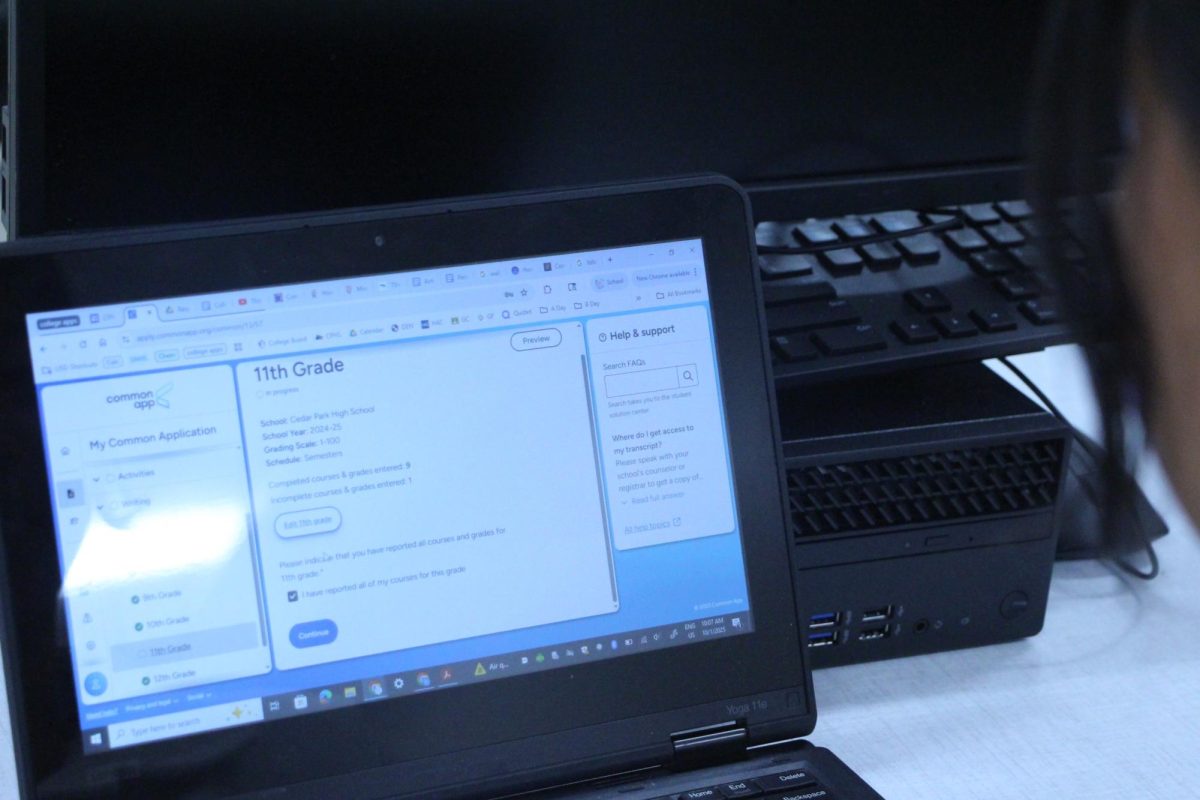




![As her hair blows in the wind, senior Brianna Grandow runs the varsity girls 5K at the cross country district meet last Thursday. Grandow finished fourth in the event and led the varsity girls to regionals with a third place placement as a team. “I’m very excited [to go to regionals],” Grandow said. “I’m excited to race in Corpus Christi, and we get to go to the beach, so that’s really awesome.” Photo by Addison Bruce](https://cphswolfpack.com/wp-content/uploads/2025/10/brianna.jpg)

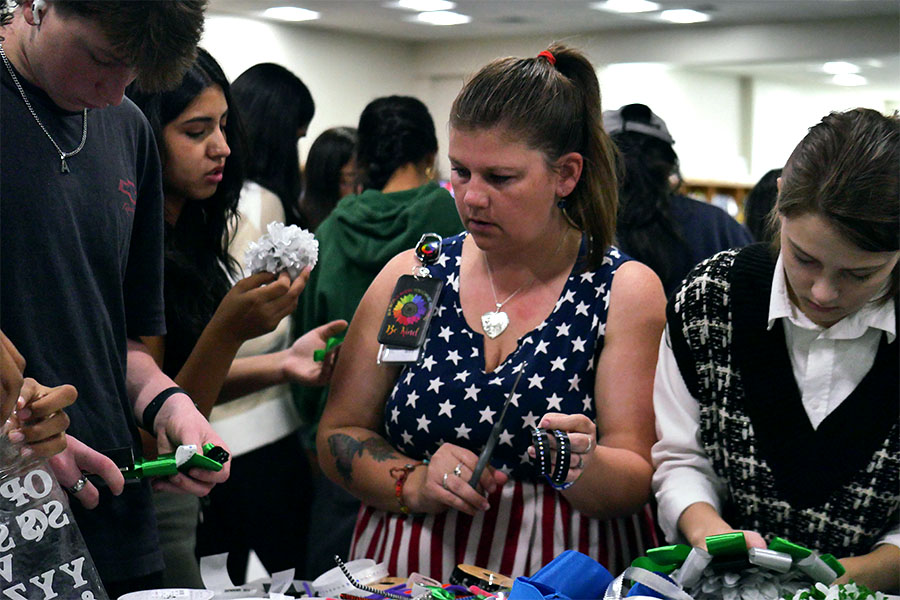
![Broadcast, yearbook and newspaper combined for 66 Interscholastic League Press Conference awards this year. Yearbook won 43, newspaper won 14 and broadcast took home nine. “I think [the ILPC awards] are a great way to give the kids some acknowledgement for all of their hard work,” newspaper and yearbook adviser Paige Hert said. “They typically spend the year covering everyone else’s big moments, so it’s really cool for them to be celebrated so many times and in so many different ways.”](https://cphswolfpack.com/wp-content/uploads/2025/05/edited-ILPC.jpg)





![Sitting with her friend senior Sohpia Struve at last year’s Austin City Limits Festival, senior Ava Zuniga poses for a picture under a pavilion. They are frequent attendees at ACL, an annual music festival at Zilker Park. “I would recommend seeing a bunch of people,” Zuniga said. “This past year, we camped out for Chappell [Roan] for a really long time. I think the whole point of ACL, [which] is a lot of fun, is that you can go see so many different people, even if you don’t know them. So by camping by one person, it really limits yourself from being able to go see a bunch of people.” Photo courtesy of Ava Zuniga](https://cphswolfpack.com/wp-content/uploads/2025/10/EE9E9484-FE6F-4AA0-B5F5-0C177AB32841-1200x857.jpeg)
![Looking down at his racket, junior Hasun Nguyen hits the green tennis ball. Hasun has played tennis since he was 9 years old, and he is on the varsity team. "I feel like it’s not really appreciated in America as much, but [tennis] is a really competitive and mentally challenging sport,” Nguyen said. “I’m really level-headed and can keep my cool during a match, and that helps me play a bit better under pressure.” Photo by Kyra Cox](https://cphswolfpack.com/wp-content/uploads/2025/09/hasun.jpg)

![Bringing her arm over her head and taking a quick breath, junior Lauren Lucas swims the final laps of the 500 freestyle at the regionals swimming competition on date. Lucas broke the school’s 18-year-old record for the 500 freestyle at regionals and again at state with a time of 4:58.63. “I’d had my eye on that 500 record since my freshman year, so I was really excited to see if I could get it at regionals or districts,” Lucas said. “ State is always a really fun experience and medaling for the first time was really great. It was a very very tight race, [so] I was a bit surprised [that I medaled]. [There were] a lot of fast girls at the meet in general, [and] it was like a dogfight back and forth, back and forth.” Photo by Kaydence Wilkinson](https://cphswolfpack.com/wp-content/uploads/2025/03/Kaydence-2.7-23-edit-2.jpg)
![As the support team sits and poses for a photo in the cafeteria with the counseling team they eagerly wait to start their day. "We [all] seem to be a team, I get up every day and there's days where I don't want to go to work today, but I'm thankful that I have a job and I'm blessed to have what I have," Christopherson said. Photo Courtesy of Julie Weltens.](https://cphswolfpack.com/wp-content/uploads/2025/01/AF9E8470-10D7-4C91-BF28-EC8F86BAB66C-1200x852.jpeg)
![Jumping off the ground, senior linebacker Bennett Patton snatches the ball out of the air for an interception at Thursday’s game against Chaparral. Patton had two interceptions in the 56-14 victory, tying the school record for interceptions in a game. “I was just playing the game,” Patton said. “[I’m] going to go into next week, forget about it and stay humble.” Photo by Harper Chapman](https://cphswolfpack.com/wp-content/uploads/2025/09/bennett-interception.jpg)













![Presenting in front of the class, senior Jaden Kolenbrander introduces students to his new chapter of Amnesty International Club. The club, started by Kolenbrander, will serve as a way for CPHS students to speak out and educate themselves about political issues and will hold meetings on the third Tuesday of each month in room 5009. “Anyone who is interested in increasing their involvement in the community and advocating for far-reaching issues that affect everyone [can join],” Kolenbrander said. “However, we also want to emphasize that anyone can become an advocate. It's a good opportunity for them to become more involved in their community and learn about the importance of human rights advocacy.”](https://cphswolfpack.com/wp-content/uploads/2022/11/AIC2.jpg)
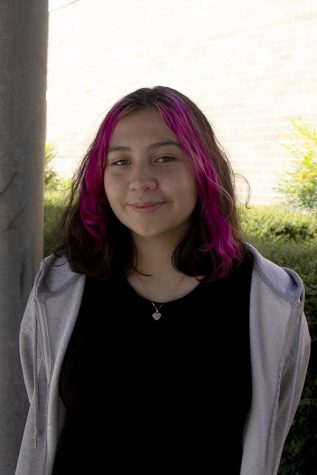
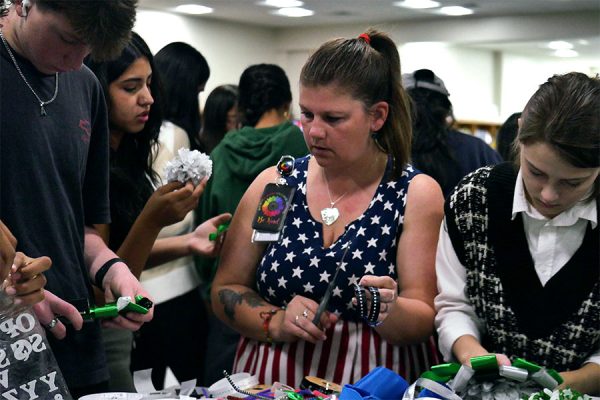
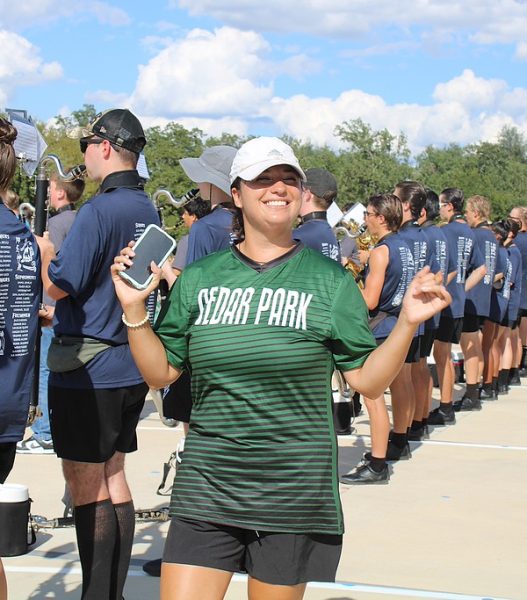
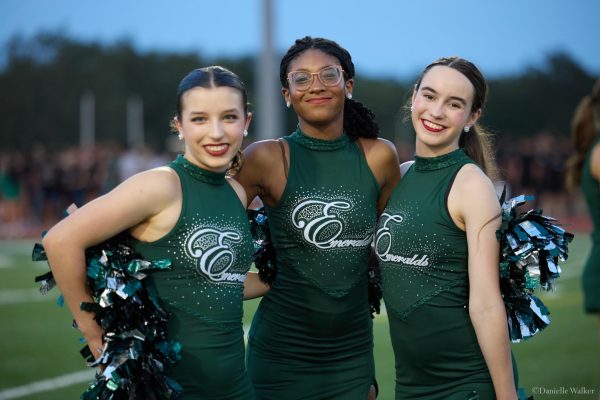
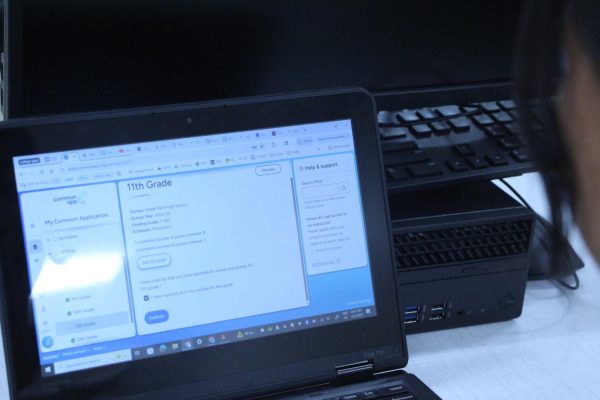


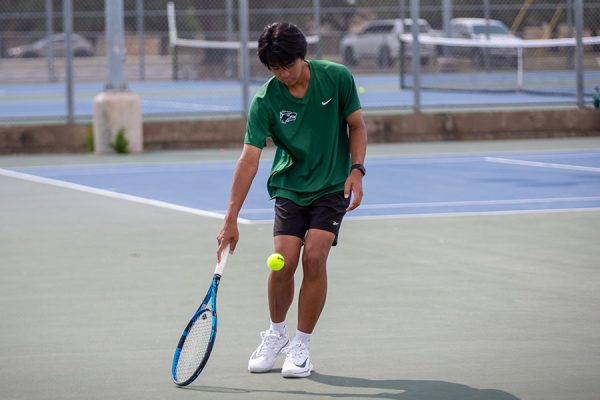
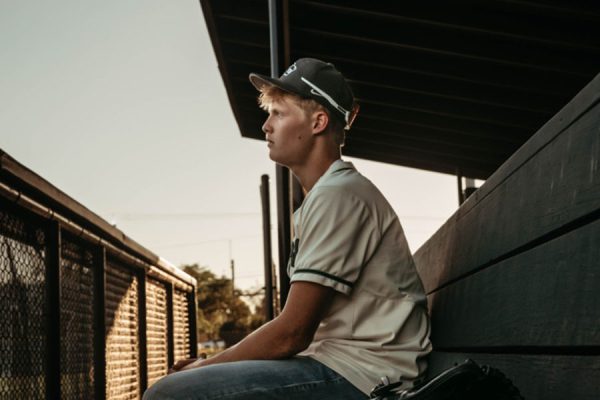

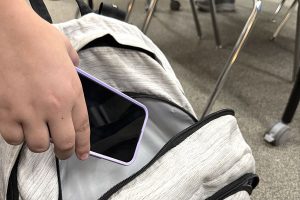
![The fire department came to the school after students were evacuated when smoke started coming from the ceiling of a classroom. All students and staff are safe. “All of my friends left their stuff too, so we couldn’t contact our parents, and it was stressful,” senior Brynn Fowler said. “It was scary because I didn’t know [what was going on], and I couldn’t find anyone because it was a big crowd.” Photo by Anthony Garcia](https://cphswolfpack.com/wp-content/uploads/2025/09/firetruck-300x200.jpg)




